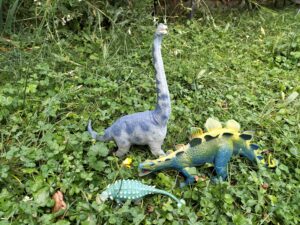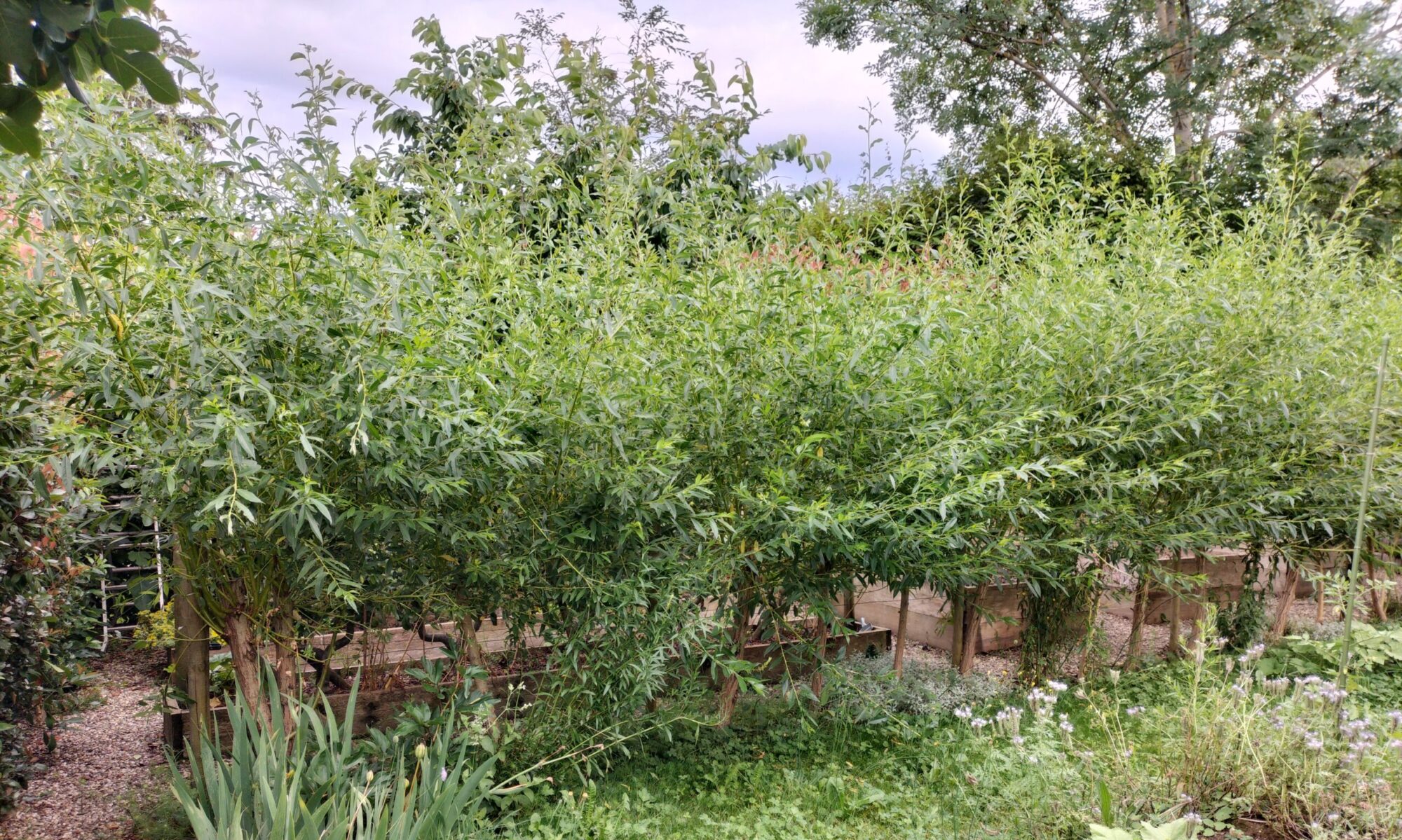
When my children were small, I felt that in order to be a ‘good mother’ I ought to take them swimming, even though I didn’t really want to. It was always such a joy when the pool was unexpectedly closed, because that meant we could pop over the road and spend the afternoon in the local natural history museum. The dinosaur section remains our favourite, and we aren’t the only ones who feel that way: a friend’s son said that he couldn’t believe in a God who would let the dinosaurs be wiped out. That got me thinking… there are hints in the Bible about a future restoration of heaven and earth, but we have no idea how or when, so what follows is neither theology nor palaeontology, but just where my imagination takes me!
Why do we assume that God loves us more than the dinosaurs? Do you know how much longer they lived on the Earth than we have done? 600 times! They roamed an abundant planet filled with horsetails and ferns, giant millipedes and dragonflies, and mysterious creatures that the fossil record only hints at.
And yet, God did not spare their majesty from the comet’s strike. She surely wept over this devastation, such great loss of diversity, curiosity, and life – but God picked up the pieces and started again. She nurtured the beings hidden in refugia that were spared the worst of the calamity. These persistent threads of life not only survived, but thrived as God guided their evolution into ever-widening variety, spreading to fill every ecological nook and cranny until the Earth was teaming with life again; and God saw that it was good.
One particular ape caught God’s eye. She called them up onto two legs and taught them language, love, and art. She gave them the freedom to choose good, the capacity for reason, and a desire for union with the divine. Since God had called them out of the primordial earth, she named them earth creatures – Adam – reminding them of their connection with the soil. But Mother Earth did not give Adam an easy time, there were poisonous plants and dangerous animals, the heat, the cold, and conflicts with other humans. These struggles against the forces of nature were the crucible in which we grew and developed, learnt to master our surroundings, and made our lives more comfortable – but as the balance of power shifted too far, the price was paid by other humans and by the rest of the natural world.
God saw our increasing alienation from her, from the earth, and from each other. She spoke in many ways, but we struggled to hear. In Christ, she communicated directly by becoming human, and showed the way for us to live in harmony with all things. But still we struggled to hear.
In time, we discovered vast stores of gas, coal, and oil, made from prehistoric plants and plankton buried deep underground millions of years before even the dinosaurs made their appearance. We were cold, and we knew no better than to burn them, precipitating our own extinction, and the extinction of most of everything else. God is not sparing her reflected majesty in us, but is surely weeping over the loss of so much diversity, curiosity, and life. Perhaps one day, she will pick up the pieces of what survives in the refugia and start again? Lovingly storing us, and everything we have dragged down with us, deep underground. Then, in millions of years, with characteristic patience, who knows what new life God might draw out of the earth?
